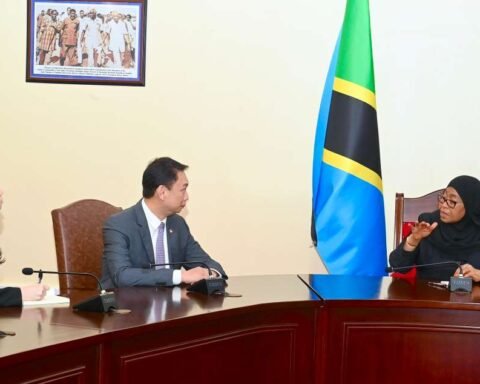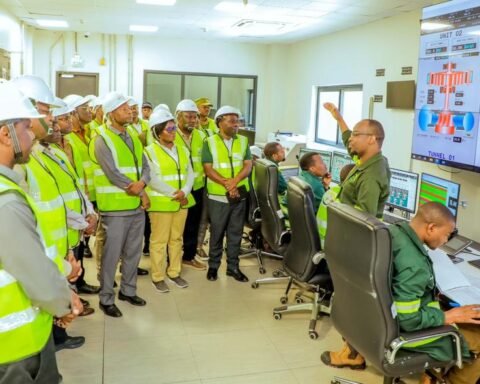Farmers in Tabora Region are set to benefit from a major government-backed irrigation project aimed at reducing dependence on unpredictable rainfall and boosting food security.
The initiative, spearheaded by the National Irrigation Commission, will see the drilling of 52 new wells across eight councils in the region.
In Miguwa Village, the project promises to transform local farming. More than 1,590 acres of land will be irrigated, directly supporting 1,567 farmers who have traditionally relied on rain-fed farming. Many residents welcomed the development, seeing it as a long-awaited solution to years of uncertain harvests caused by climate change and erratic weather.
Speaking at the project’s launch in Miguwa, a government representative highlighted the broader vision. He noted that this is part of a larger plan by the sixth-phase government, under President Samia Suluhu Hassan, to modernize agriculture and improve the livelihoods of smallholder farmers.
The government’s long-term target is ambitious. Through the irrigation commission, Tanzania plans to drill 67,500 wells across 184 councils nationwide, potentially benefiting over 100,000 farmers. In the 2025/2026 financial year alone, 1,300 wells will be constructed, with Tabora receiving its share of 52. Officials estimate that the Tabora drilling work will be completed within just 21 days, creating jobs and stimulating local business in the process.
Also Read; Gold Prices Surge as Dollar Declines Globally
Beyond immediate farming benefits, the project is expected to open up lasting opportunities. Reliable irrigation will allow farmers to cultivate crops throughout the year, reduce losses from drought, and increase productivity. Experts believe this could help farmers diversify into higher-value crops, contributing not only to household incomes but also to the national economy.
The Director of Technology Development at NIRC urged communities to safeguard the equipment being used in the drilling process, stressing that collective responsibility is essential for the project’s success.
This push for irrigation is aligned with Tanzania’s broader agricultural strategy, which seeks to increase farming productivity by 10 percent by 2030. It also echoes wider global trends, as governments recognize the role of irrigation in combating food insecurity, particularly in regions vulnerable to drought.







